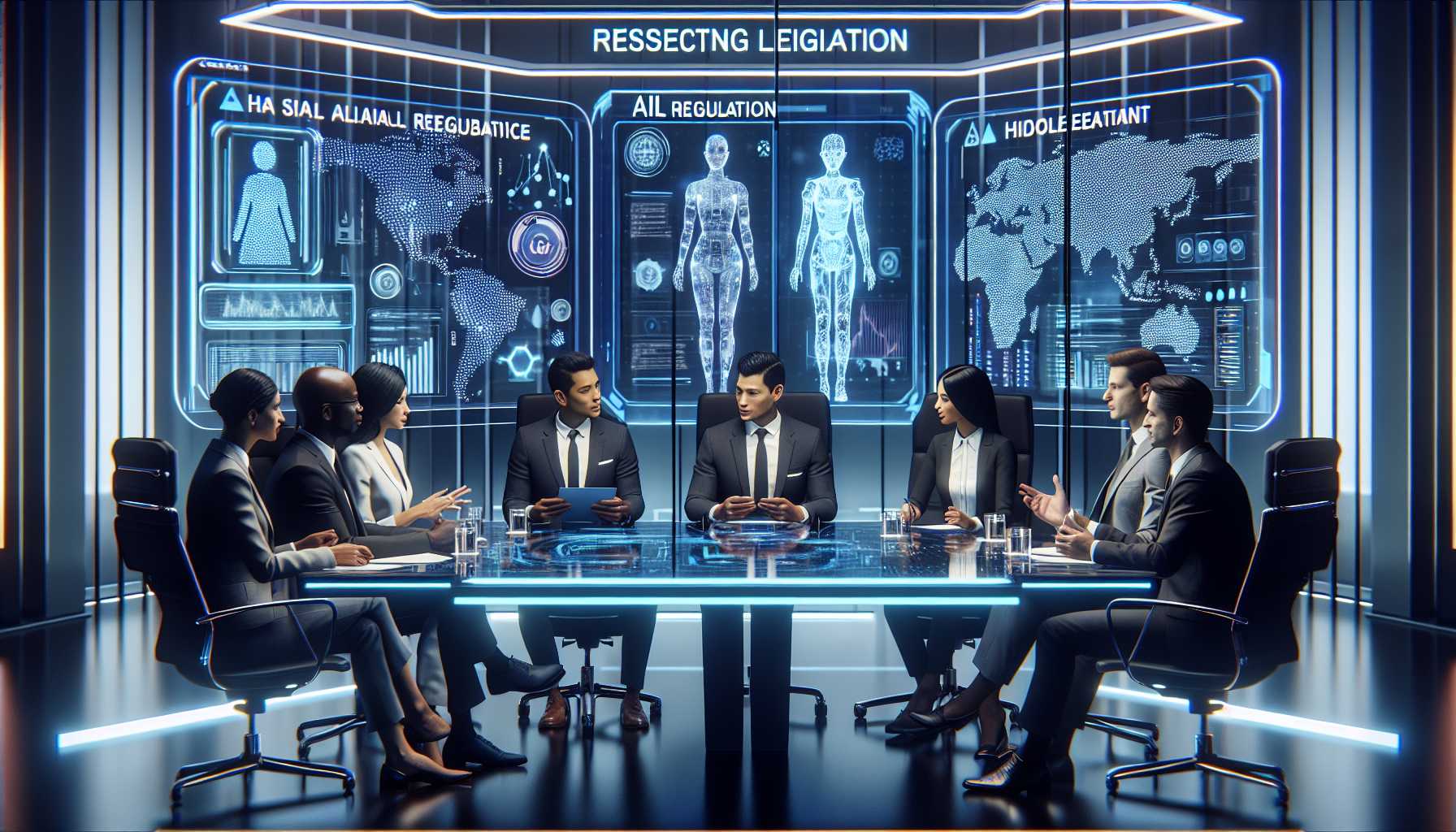Spyware Shenanigans: WhatsApp vs. Paragon Solutions
In the tech world, a billion-dollar virtual battlefield thrives, and for now, the combatants are the tech giants, spy software companies, and regulatory authorities. You may have heard of the latest tangle between WhatsApp, a cornerstone of digital communication, and an Israeli spyware company, Paragon Solutions. As an industry-leading product manager with a vested interest in security and privacy, this segment of spyware espionage sparks a discussion worth diving into.
Imagine this: you’re a civil society worker or a journalist with a trusty WhatsApp in hand, a tool as vital as pen and parchment were to previous generations. Enter a malicious PDF, lurking silently in a group chat, ready to whisk its way onto your phone. This insidious craft, a creation of Paragon Solutions, sneaks into your device, granting itself the omnipotent power to pry far beyond your encrypted chats.
Meta, the grand proprietor of WhatsApp, detected this malevolent scheme in December, reaching out to around 90 unfortunate users who found themselves in the crosshairs. Having fired a cease-and-desist letter at Paragon, Meta didn’t just halt the attack vector but threw down a gauntlet, challenging spyware companies to mend their rebellious ways.
Reflect for a moment: Why should spyware companies not be held accountable for such flagrant disregard for privacy? It’s a David and Goliath scenario, where the victim is not just a single entity, but potential hundreds of innocent users, their privacy compromised. As a tech investor, I find Meta’s stance heartening and essential, serving as a crucial bulwark against invasive spyware campaigns.
As Paragon’s actions draw ire, much like their predecessors NSO Group—another spyware peddler defeated by WhatsApp in a U.S. court—one wonders about the ethical echoes ringing loudly across tech policy corridors. How far will companies go to check and balance oppressive digital overreach?
Paragon’s Troubling Tango with ICE
Peel back another layer of this peculiar onion, and you’ll find Paragon Solutions intertwined with U.S. governmental ambitions—namely, a whopping $2 million contract with Homeland Security Investigations, aimed at deploying their flagship spyware product, Graphite. This partnership raised eyebrows, with civil society groups raising the alarm. Isn’t it intriguing how this deal contradicts a 2023 executive order forbidding federal departments from acquiring spyware likely to jeopardize U.S. counterintelligence or facilitate misuse by foreign entities? What a quagmire of ethics and legality!
Watching these developments as a tech aficionado and investor, I see an essential theme: the urgent need for comprehensive legislation to oversee the implications of technology when it collides with governance.
On the Regulatory Frontier: The EU AI Act
Europe, ever the pioneer of regulation, takes center stage with the AI Act—an ambitious legislative framework set to redefine AI applications’ global landscape. As we entered February, regulators now wield the power to expel AI systems they perceive as possessing “unacceptable risk.” But what does this term mean, exactly?
Crafted meticulously over years, the EU AI Act introduces a succinct classification system: minimal, limited, high, and unacceptable risks. This four-tier structure lays bare the EU’s caution around AI, striving to buttress public trust in systems—from spam filters to deceptive biometrical data exploitations.
As a tech investor deeply entrenched in AI’s evolving capabilities, the EU AI Act is a bold gambit. It reflects societal apprehension towards AI-driven influence, particularly its underbelly—the manipulation of decisions, biometric surveillance, and emotion prediction in vulnerable populations.
In a world becoming increasingly reliant on intelligent decision-making, who holds the fort for ethical AI deployment? The act imposes heavy regulatory oversight on high-risk AI, reminding companies that even if AI teeters on the edge of groundbreaking, it should not grow unchecked. One might question, is this regulation restrictive or a linchpin of ethical consideration?
As the August deadline for complete compliance looms, the uncertainty persists, coupled with promises of prized exceptions and convoluted inter-law dynamics yet to be crystalized.
What Lies Ahead: A Symphony of Predictions
Let’s not deny it: the technological sphere is still like the wild west—innovation galloping ahead at breakneck speed, law enforcement and regulatory frameworks ever a few paces behind. As executors and enablers of tech evolution, we must question the moral and practical implications of our alliances with intrusive technologies.
The opulent profits that companies like Paragon and NSO Group chase should be a catalyst for robust ethical audits before any technology is unleashed into the wild. Meanwhile, regulation—though often playing catch-up—should remain firmly seated at the table.
One hopes future initiatives like the EU AI Act will be paragons of clarity and applicability, with international collaboration ensuring that neither wrongly places trust nor maligned exploitation is left unchecked.
As a technology pundit investing in tomorrow’s solutions, I envision a world where the confluence of technology, regulation, and moral responsibility isn’t something that coexists in tenuous tension but rather in symphonic harmony, driving the future of innovation forward compassionately and credibly.




